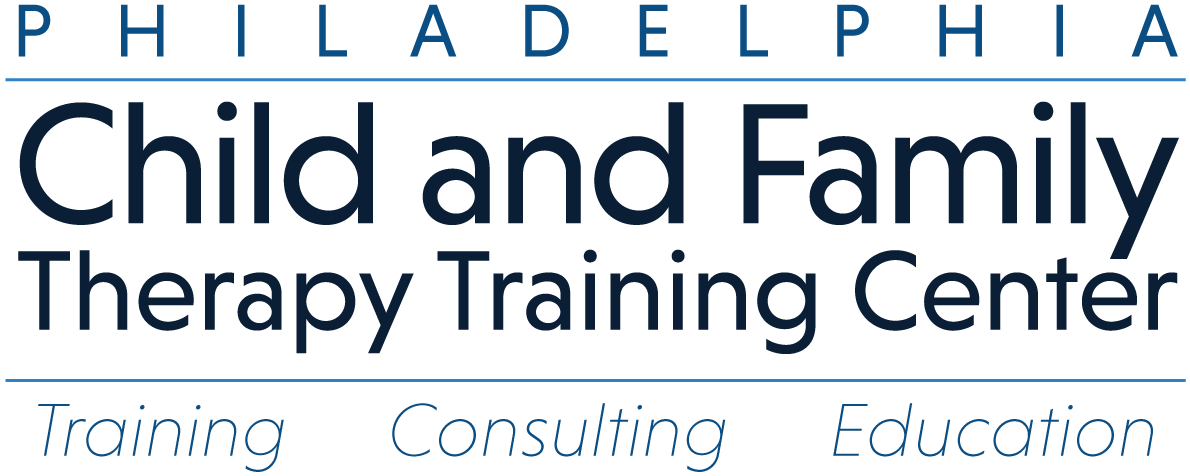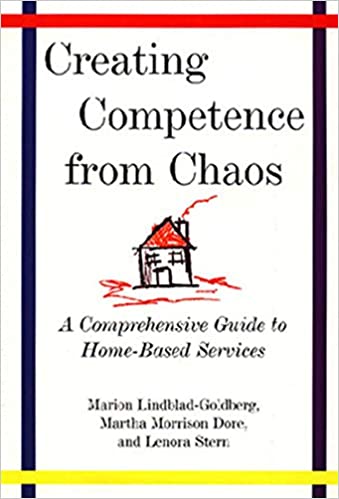
One of the most significant challenges in clinical supervision is when supervisees struggle to meet professional competency standards. Often, this issue stems from a lack of self-awareness or poor emotional regulation. These personal barriers can hinder the supervisee’s ability to fully engage in therapy, leaving clients underserved. To ensure supervisees develop the skills necessary for competent practice, live supervision, reviewing recorded sessions, and using adherence scales are crucial.
A supervisee’s lack of self-awareness can manifest in several ways, such as failing to recognize how their personal biases influence their therapeutic interventions. Similarly, poor emotional regulation may result in a supervisee becoming overwhelmed or emotionally reactive during sessions, compromising their ability to join, maintain therapy standards or even be professional. These issues often go unnoticed by the supervisee themselves, making it essential for supervisors to intervene early and provide targeted feedback.
Live supervision is one of the most effective tools for addressing these competency gaps. By observing the supervisee in real-time, supervisors can offer immediate feedback on self-awareness and emotional regulation, guiding the supervisee toward better emotional management and more reflective practice. Reviewing recorded sessions further enhances this process, allowing both the supervisor and supervisee to analyze moments that require adjustment and to build self-awareness retrospectively.
In addition to live supervision and recorded sessions, adherence scales play a critical role in helping supervisees meet professional competency standards. These tools provide an objective framework for assessing whether the supervisee is adhering to a clinically coherent therapeutic models and applying interventions correctly. By using adherence scales, supervisors can offer concrete, measurable feedback, which gives supervisees a clear roadmap for improvement.
Ultimately, improving self-awareness and emotional regulation requires intentional practice, and supervisors must utilize these tools to guide supervisees toward growth. Through live supervision, recorded sessions, and adherence scales, supervisors can ensure supervisees build the skills needed to meet professional standards and deliver high-quality care to their clients.



Leave a Reply